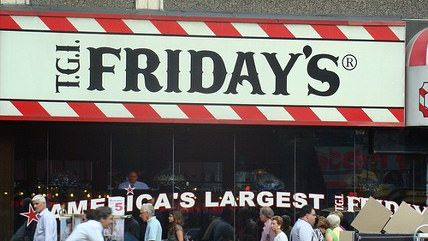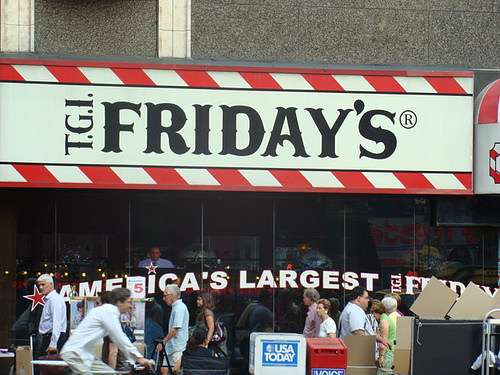Sunrise, Fla., Cops Take Forfeiture Abuse to the Next Level by Becoming Cocaine Dealers
Small agency lures folks in from elsewhere in order to arrest them, take all their stuff


Remarkable reporting from the Sun Sentinel of Broward County in Florida details the amazing lengths the narcotics unit of Sunrise, Fla., (population: 88,843) pursue in order to rake in both overtime and the revenue from seizing property. Simply put, they are dealing cocaine, using paid informants to lure in desperate wanna-be "middle men" from across the country with the promise of profits for their involvement in the drug trade, then arresting these people and taking all their belongings:
Undercover detectives and their army of informants lure big-money drug buyers into the city from across the United States, and from as far north as Canada and as far south as Peru. They negotiate the sale of kilos of cocaine in popular family restaurants, then bust the buyers and seize their cash and cars.
Police confiscate millions from these deals, money that fuels huge overtime payments for the undercover officers who conduct the drug stings and cash rewards for the confidential informants who help detectives entice faraway buyers, a six-month Sun Sentinel investigation found.
Police have paid one femme fatale informant more than $800,000 over the past five years for her success in drawing drug dealers into the city, records obtained by the newspaper show.
Some relevant bullet-points:
- The police set up the deal locations where the busts take place, not the alleged crooks. They are the ones arranging potentially dangerous confrontations outside of places like McDonald's and T.G.I. Friday's, where people take their families:
In a 2010 deposition, one defense attorney asked a Sunrise cop: "Would you take your wife shopping in that plaza if you knew a deal was going down that afternoon?"
The reply: "Probably not."
- Only seven of the 190 arrests from these operations since 2009 were of people who lived in Sunrise. All the rest were lured into the city from elsewhere by this operation.
- Forfeiture cases are frequently decided before criminal cases are even resolved. For example, Sunrise has been awarded $23,000 in cash from one of these busts even though the criminal case hasn't even yet gone to trial.
- Of all the busts in this operation, only two received the mandatory-minimum 15-year sentence for actual cocaine trafficking. Despite police claims, they do not appear to be snagging big drug war players, and the juries are realizing it:
Sunrise police, in many of their affidavits and arrest reports, state that they are apprehending significant members of drug trafficking organizations who want large sources of cocaine to expand their illegal businesses. But those same reports quote culprits saying they were recruited to be lookouts or mules or brokers — middlemen earning only hundreds or a few thousand dollars to deliver the money or collect the cocaine.
Defense attorneys say the stings have swept up people who are not in the drug trade but are down on their luck, persuaded by informants to do a deal to earn fast money in hard times.
Sunrise informants "tend to go after people who they know are in financial distress and they offer them a deal that they can't resist," said Broward defense attorney Kevin Kulik, who has represented defendants arrested in Sunrise stings. "They offer them the deal of a lifetime."
One of Kulik's clients busted in these reverse stings was an unemployed real estate agent who had filed for bankruptcy in 2009. Now he has even less, obviously.
- Most of the detectives in the narcotics unit are pulling in annual overtime payments in the five figures. One sergeant has pulled in $240,000 in overtime in three-and-a-half years. His total compensation during this time frame was $630,000.
There is so much more in the Sun Sentinel's very thorough reporting. Reporters reviewed hundreds of documents and had to sue the city to get some information. Read the whole story here and how they got it here. In April, the newspaper won a Pulitzer prize for detailing widespread and dangerous speeding by southern Florida law enforcement officials. Looks like they're angling for another one.


Show Comments (81)